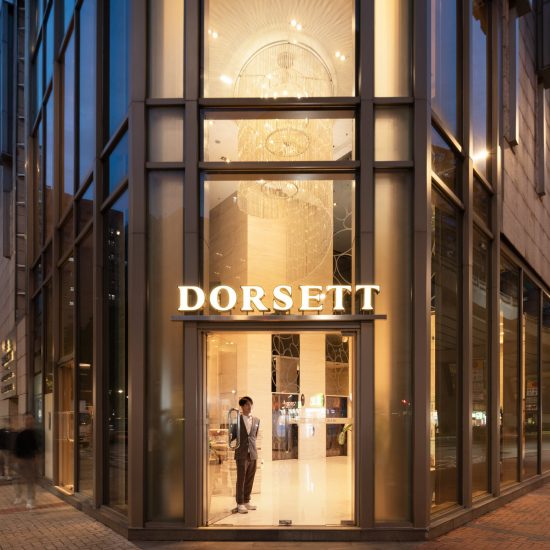By Murali Krishnan
According to Frost & Sullivan, in the GCC region, UAE, Bahrain and Qatar have mobile subscriber penetration rates of 80% or more, placing them among the highest penetrated markets globally. We estimate that GCC region would have 83% mobile subscribers by 2030 up from 77% in 2018. Further, by 2030, 5G will account for 16% of total connections in these markets. By 2025, 75% of the companies will be at an advanced level of digitization, which is more than double compared to 2020.Connected Living in the GCC is growing rapidly, as internet is expected to account for 5% of the national GDP by 2030 up from 4.1% in 2018. Increasing mobile and internet penetration will bring in the digital revolution across sectors in the GCC. Governments across GCC countries are ramping up their eGovernment services to meet the demands of constituents and improve city’s governance to match citizen’s lifestyle.
In UAE, the Government’s approach towards digital transformation through innovation can be seen through the launch of the latest tech hub like AI smart lab in the city of Dubai. The city of Dubai aims to reduce 44% of transportation costs and 12% of carbon emissions and road accidents by making autonomous mobility as 25% of all mobility options. Abu Dhabi will witness the world‘s 1st commercial Hyperloop, spanning a distance of 150 km, which will be fully operational by 2022. Driven by the first-mover advantage in testing various vehicles and commencing work on the supporting infrastructure required, Dubai is expected to launch the first air taxi service in the world by 2022.
What are the emerging Connected Living Growth Opportunities in the GCC region across sectors:
Healthcare: Technology is becoming increasingly mainstream with more than 50% of hospitals in the UAE and KSA using various IoT-based solutions; approximately 80% of doctors use smartphones and medical apps to provide healthcare. The adoption of connected care[1] is very high in the GCC region. By 2025, nearly 90% of the doctors in the region will use digital platforms to deliver medical facilities.
- FinTech: UAE is leading the GCC’s fintech revolution, with more than 100 fintech start-ups. Dubai, Bahrain, Abu Dhabi, and Riyadh are likely to be the leading centers for Blockchain and cryptocurrency.
- Manufacturing: Dubai’s industrial sector is likely to expand to $16 billion by 2030, generating 27,000 specialized jobs. Digitization of the manufacturing and industrial sectors in the GCC region is leading to the reinvention of business models (servitization model and dark facilities) and creation of newer revenue streams.
- The Servitization Model is built around an IoT-based connected-field service solution. Sensors in installed equipment notify the manufacturer‘s service-center staff of problems before they occur, enabling predictive maintenance. The evolving manufacturing customers‘ preferences toward capability purchase against asset purchase to keep the cost of ownership low, is leading to GCC manufacturers embracing this business model.
- Dark Facilities: The rise of automation and the growth in online orders is leading to a number of dark facilities that are either entirely automated or have small teams to provide products to remote consumers. Dark facilities do not serve customers directly. They fulfill online orders or automate production with fewer human workers.
- Telecom: The Middle East and the North Africa region will witness an addition of nearly $250 billion of economic activity to by mobile economy by 2025. Vision statements of all GCC states call for higher intervention of technology in governance. This will lead to the following opportunities:
- Accelerated Shift to Digital Services: Services providers across industries are moving toward digital sales and services channels. Retail, education, media & entertainment, and the public sector are expected to be the early adopters. This would drive opportunities for platform providers, system integrators, and IT consulting services. New opportunities are expected for Big Data platform providers, and service providers with data science capabilities with the modernization of government operations.
- More 5G Use Cases across Industries: More 5G use cases will support sustainability and continuity of critical national infrastructure and delivery of citizen services.
- Mobile Gaming continues to be the dominant platform; rising localization and evolution of the local developer ecosystem is driving the growth. GCC‘s gaming market is forecasted to reach $4.53 billion by 2025.




